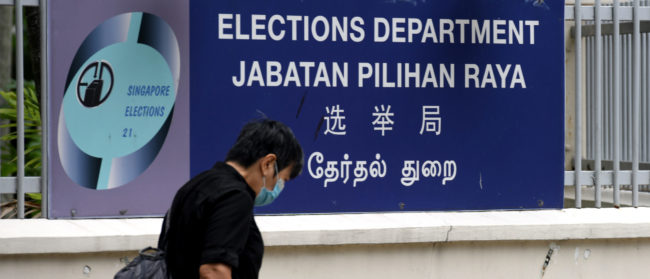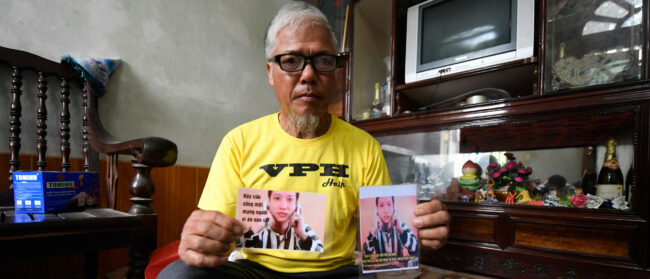Human Rights Watch condemned the convictions this week of Rappler CEO Maria Ressa and reporter Reynaldo Santos Jr for cyber libel in the Philippines, stating that it’s part of President Rodrigo Duterte’s strategy to silence journalists documenting the country’s “drug war”.
Deputy director of Human Rights Watch’s Asia division Phil Robertson told the Globe that “by attacking her with this and other bogus legal cases, the Duterte government aims to compel other journalists to think twice about investigating rights abuses or other sensitive topics that the administration does not want to be in the news”.
Ressa has been a longtime critic of Duterte, with her outlet Rappler covering the government’s alleged human rights abuses in the country’s ongoing deadly drug war.
While estimates of the exact death-toll vary, since Duterte took power in June 2016 it is believed that more than 12,000 people have died as part of the country’s ongoing war against drugs. There have even been suggestions that events under Duterte since 2016 could lead to his prosecution at the International Criminal Court, despite the Philippines leaving the institution in 2018.
Earlier this month, the UN Human Rights Council also published a report in which they said Duterte’s rhetoric provided “permission to kill” with impunity for the country’s law enforcement, urging an independent investigation into the matter.
“Duterte is becoming worried that these rights crimes may place him in jeopardy of being held accountable through an international justice mechanism,” Robertson said, adding that Duterte is now targeting the reporters who have written about these acts.
[The] efforts to intimidate independent media … run counter to traditions of free media in the Philippines that date back 35 or so years back to the restoration of democracy
Though former Rappler researcher-writer Santos penned the 2012 article that linked a Philippine businessman to murder, drug dealing and other illicit activites, both he and Ressa were convicted with cyber libel. Ressa and Santos face up to six years in prison on the charge, but the pair were allowed to remain free while on bail following Monday’s ruling, according to Rappler.
Glenda Gloria, managing editor of Rappler, told the Globe on Tuesday that the outlet’s reporters continue to work and operate as normal. “We were, the entire day yesterday, still working even as our CEO was being convicted,” Gloria said. “Because this is what we do at Rappler, and Maria expects us to not be distracted by this.”
David Tiberman, the director for Asia programs at Freedom House and a long-time associate of Ressa, described the convictions as fitting for Duterte’s government.
“It’s a continuation of a pattern that we have seen during the Duterte administration,” Tiberman told the Globe. “[The] efforts to intimidate independent media … run counter to traditions of free media in the Philippines that date back 35 or so years back to the restoration of democracy.”
Tiberman noted that as the conviction was at the regional court level, Ressa and Santos’ legal teams will appeal the decision, with the case possibly reaching the Supreme Court.
“This is by no means the sort of the end of this case or this story,” he said.


